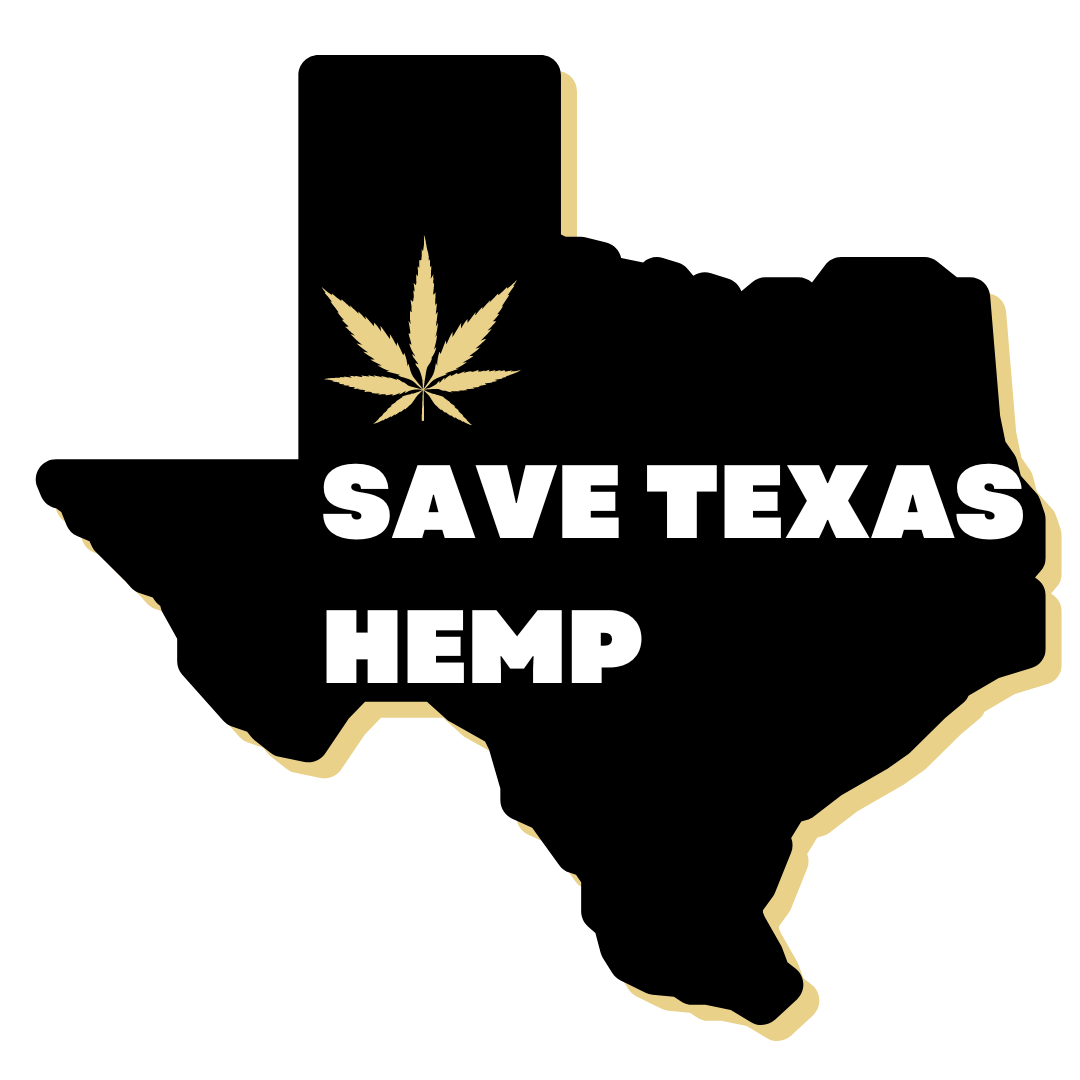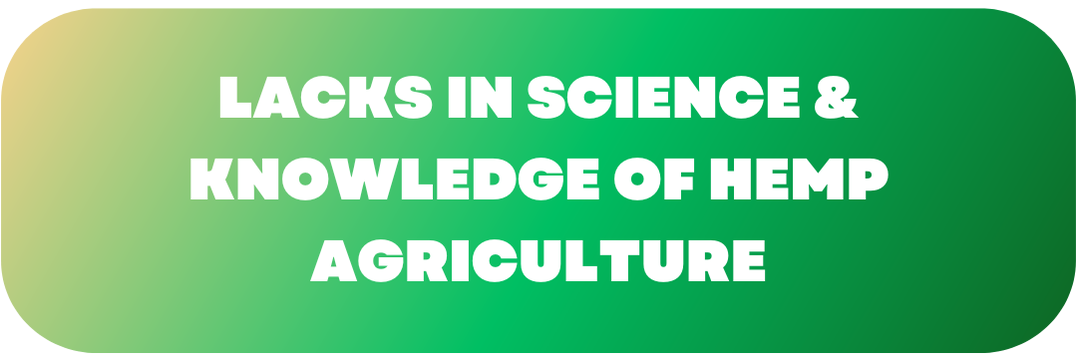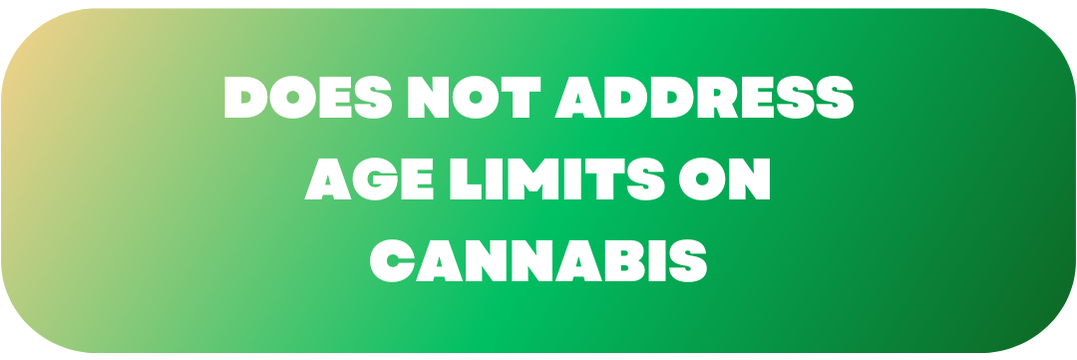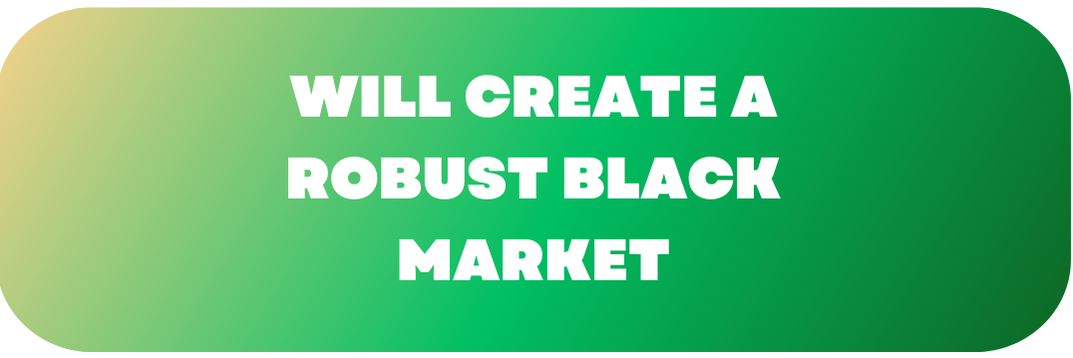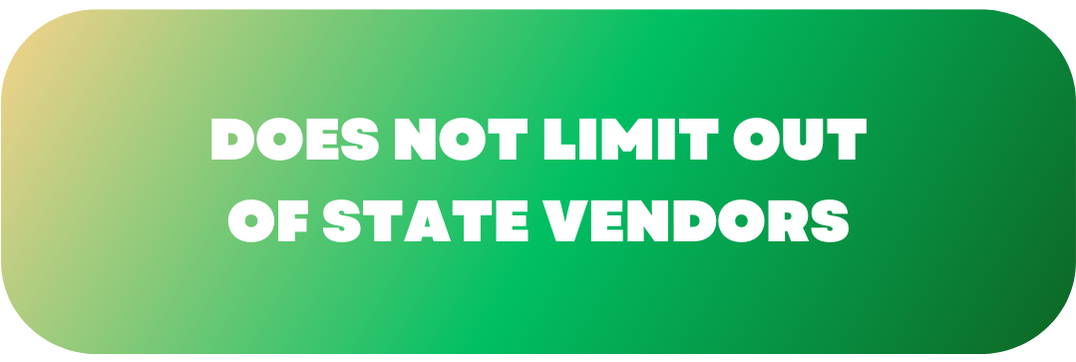Just say "no" to hb 4238 & sb 264
SB 264 & HB 4238 would outlaw products with over 0.3% delta-9 THC and those that contain “synthetically derived [THCs]” or an overall THC content exceeding 0.3%. The bill includes a section that says people can't sell or distribute consumable hemp products with cannabinoids to consumers."
SB 264 and HB 4238 would prohibit the manufacture, purchase, or sale of a consumable hemp product to which more than 0.3% of any THC other than delta-9 has been applied, which effectively criminalizes delta-8 and similar products. Rather than banning these products outright, the more reasonable approach is strict regulation and limiting delta-8 and similar products to persons 21 or older so that they are kept out of the hands of children. Read the details below of how restrictive these bills will be on companies that sell, manufacture & grow hemp as well as the consequences it will have on Texas citizens.
Call your legislators and encourage them to say no to HB 4238 & SB 264
READ THE BILLS
Underage Use of Cannabis
Currently, Texas does not have an age restriction on who can purchase hemp-derived cannabis products. This means that unlike alcohol and tobacco, cannabis can be sold to minors. However, companies like ZAR have been fighting for age-gating to be introduced into legislation to make the Texas hemp industry safer for everyone.
At ZAR we ID every client that makes a purchases to match the practices of states with fully realized regulations.
At ZAR we ID every client that makes a purchases to match the practices of states with fully realized regulations.
Lack of Testing for Out of State Sellers
All hemp products should be subject to full panel testing at 3rd party lab. "Full-panel testing" means the product has been inspected in a lab to detect cannabinoid content and contaminants.
As a registered Texas business ZAR is legally required to test our products to detect cannabinoid content and contaminants.
However, Texas does not require out of state companies to operate under the same guidelines. These bills do not address the issues that come from not regulating out of state hemp products. This results in consumers not knowing who the company is, what they are putting in their products and zero guidelines on full panel testing.
As a registered Texas business ZAR is legally required to test our products to detect cannabinoid content and contaminants.
However, Texas does not require out of state companies to operate under the same guidelines. These bills do not address the issues that come from not regulating out of state hemp products. This results in consumers not knowing who the company is, what they are putting in their products and zero guidelines on full panel testing.
Lacks Scientific Knowledge of the Hemp Plant
SB 264 falsely claims that hemp-derived cannabinoids are "synthetic." This could not be further from the fact and shows that the author of the bill has a lack of understanding with hemp synthesis. "Synthesis" is simply what happens when a molecule changes into a different molecule. This occurs naturally in the hemp plant.
Mislabels Hemp as an "Illicit Substance"
While SB 264's author tries to frame Texas cannabis companies as a "rogue industry", that is far from the truth. An industry cannot be "rogue" if they are registered with the Department of Public Safety.
On top of that the bill's author tries to enforce that hemp-derived cannabinoids are illicit substances even though the science backing the use of hemp-derived cannabis says the opposite. The Farm Bill of 2018 opened up scientific research into the hemp plant and its many benefits.
On top of that the bill's author tries to enforce that hemp-derived cannabinoids are illicit substances even though the science backing the use of hemp-derived cannabis says the opposite. The Farm Bill of 2018 opened up scientific research into the hemp plant and its many benefits.

